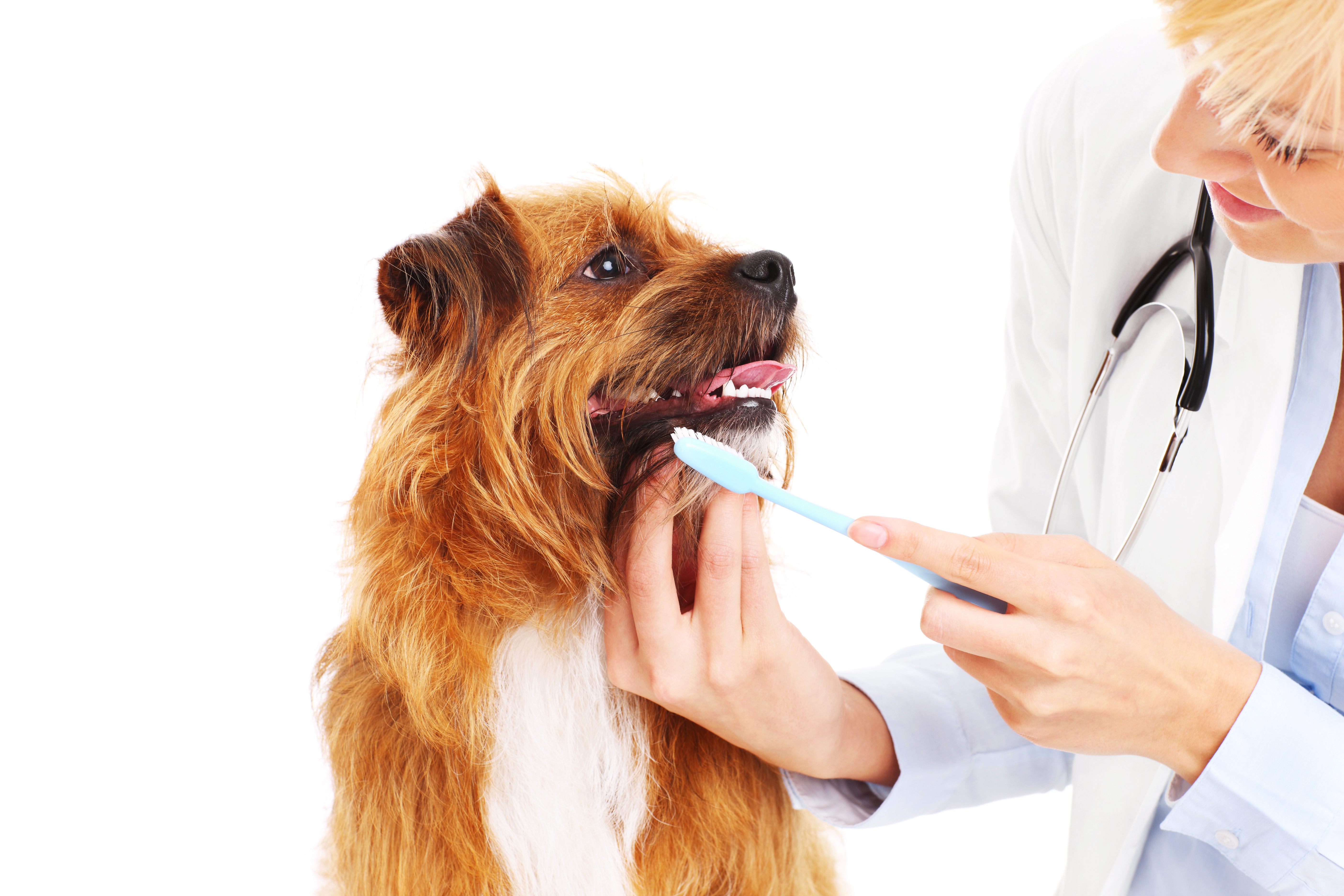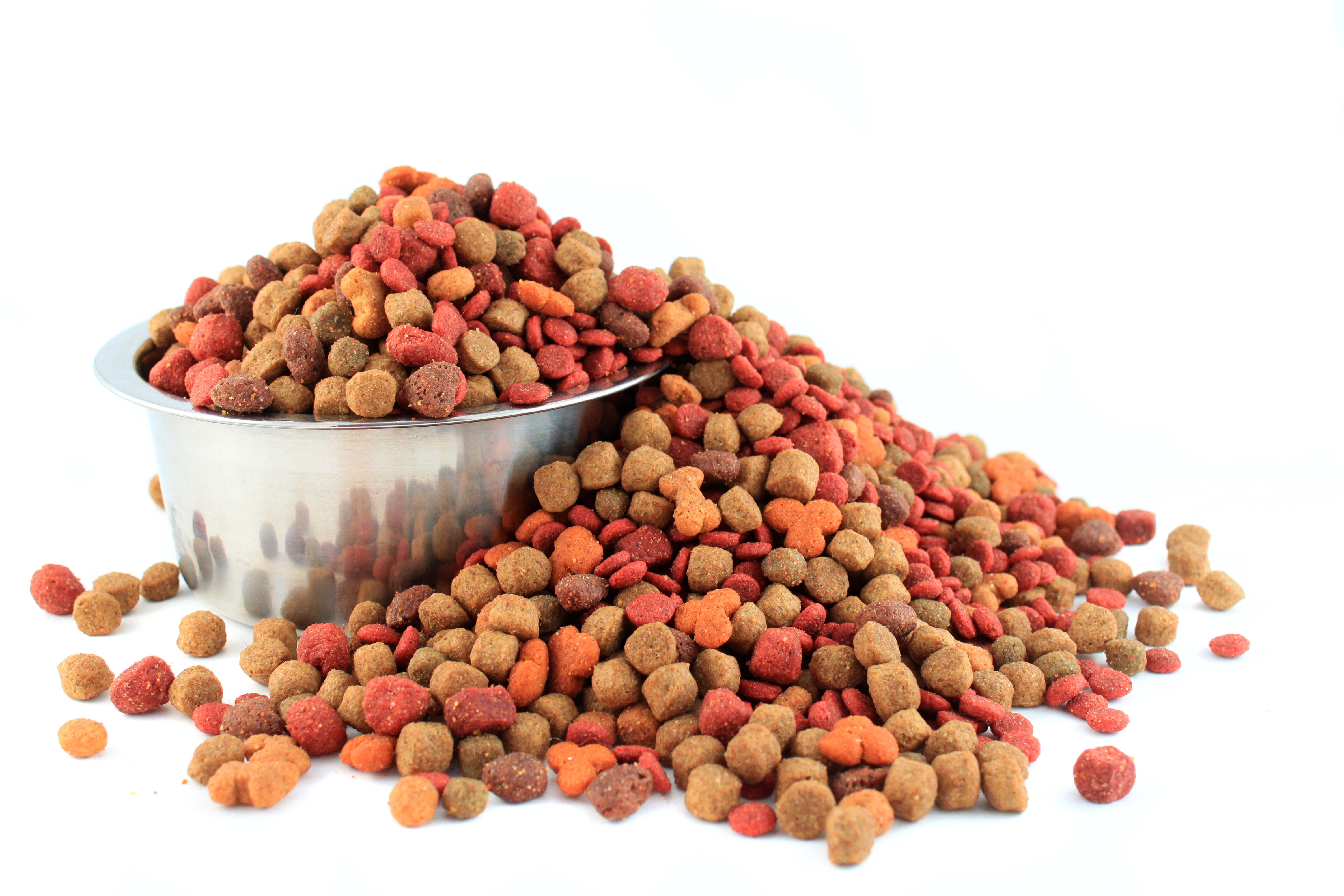As a responsible pet parent, you know that you are supposed to keep your fur babies on heartworm preventive, but have you ever wondered why it is so important? What would happen if you didn’t? What if your pet has heartworms – what now?
Tags: Ask the Vet, Cats, cats, dog safety, Dogs, dogs, health, pet advice, preventative pet care
- Tweet
As a responsible pet parent, you know that you are supposed to keep your fur babies on heartworm preventive, but have you ever wondered why it is so important? What would happen if you didn’t? What if your pet has heartworms – what now?
Tags: Ask the Vet, Cats, cats, Dogs, dogs, health, pet advice, Pet Health, pet health, pet info, Pet Safety, safety, Vet
Pet Dental Health Month - Basic Extraction Principles
The oral cavity has an abundant blood supply and an epithelial surface constantly bathed by saliva, a fluid rich in antimicrobial properties, resulting in oral tissue healing more rapid than skin. Sterile surgical preparation of the oral cavity for extractions is not necessary, however, using clean instruments and adequate preparation of the surgical working area is recommended. Good accessibility and exposure to the surgical site is important while creating gingival flaps to expose the tooth and alveolar bone adequately. Gentle tissue handling is used to minimize tissue trauma and promote faster healing. Appropriate instruments that are clean, sharp, well taken care of and stored properly...
Tags: Ask a Vet, Cats, cats, Dogs, dogs, health, pet advice, Pet Dental Health, Pet Health, pet health, Vet
Potential causes include previous blunt trauma, e.g., being hit by a car, running into a wall or excessive chewing on hard objects such as rocks, hard Nylabones®, cow hooves, antlers and other objects that do not soften when chewed.
Tags: Ask the Vet, Cats, cats, Contributors, Dogs, dogs, health, pet advice, Pet Dental Health, Pet Health, pet health, Vet
Periodontal disease is the loss of the periodontal attachment apparatus (periodontal ligament, alveolar bone, cementum and gingiva). Since 75-85% of these structures are identified below the soft tissues of the oral cavity (e.g. gingiva, alveolar mucosa, and palatal mucosa), a thorough clinical subgingival evaluation and intraoral radiographs are required to assess, diagnose and treat periodontal disease.
Tags: Ask the Vet, cats, Dogs, dogs, health, Pet dental health month, Pet Health, pet health, preventative pet care
Preventive care and client education is an important step to introducing, implementing and improving overall dental and oral medical quality in your practices. Understanding the veterinary team’s (DVMs, veterinary technicians and assistants, receptionists, managers) role in preventing periodontal disease before pathology develops through the three keys to preventive dental care are critical steps to embrace. Suggestions for partnering with your clients to actively involve them in their pet’s oral home care, understanding client perceptions, providing confident and personalized recommendations, working as a team to change and improve the hospital culture will be addressed.
Tags: Ask the Vet, Cats, cats, Dogs, dogs, health, pet advice, Pet dental health month, Pet Health, preventative pet care
Anyone who has ever been loved by a dog knows that “doggy breath” is not always the most pleasant smell but did you know that halitosis might actually be a sign of a bigger problem? According to the American Veterinary Medical Association, 80% of dogs and 70% of cats show signs of oral disease by the age of 3! We all know that brushing and flossing is important to keep our own teeth healthy but your furry family members need the same care and attention to their oral health.
Tags: Cats, cats, Dental Health Month, Dentistry, Dogs, dogs, Grooming, Pet Health, pet health
It’s the New Year! Did you make resolutions for your pets in 2016?
It’s that time of year where hope springs eternal and we resolve to make positive changes for ourselves AND our fur babies. Given the temptation of yummy treats over the holidays, these resolutions are often centered around health and weight. Be honest, did your pet put on a few pound over the holidays? If you and your pet have resolved to greet 2016 with a new food attitude, here are some tips to help you, help your pet:
Tags: Cats, cats, Dogs, dogs, Food, Pet Health, pet health, Treats
It may be “the most wonderful time of the year,” but it can also be the most dangerous for your pet. Holiday decorations and festive foods can put your pet at risk, so take precautions to prevent holiday mishaps.
Tags: Cats, cats, Dogs, dogs, health, holidays, Pet Health, Pet Safety, safety
Happy Spring! Can you believe that spring has officially begun? Time for spring cleaning, changing the batteries in the smoke alarms, and time to start thinking about spending some more time outdoors. Depending on where you live, this means that our furry family members will be outside more and will be exposed to those pesky fleas and ticks. Fortunately, as a responsible pet parent, you are going to be proactive about their protection.
Tags: Ask the Vet, Cats, cats, dog safety, Dogs, dogs, health, pet advice, pet behavior, Pet Health, pet health, pet info, Pet Safety, Pets, tips, Vet








